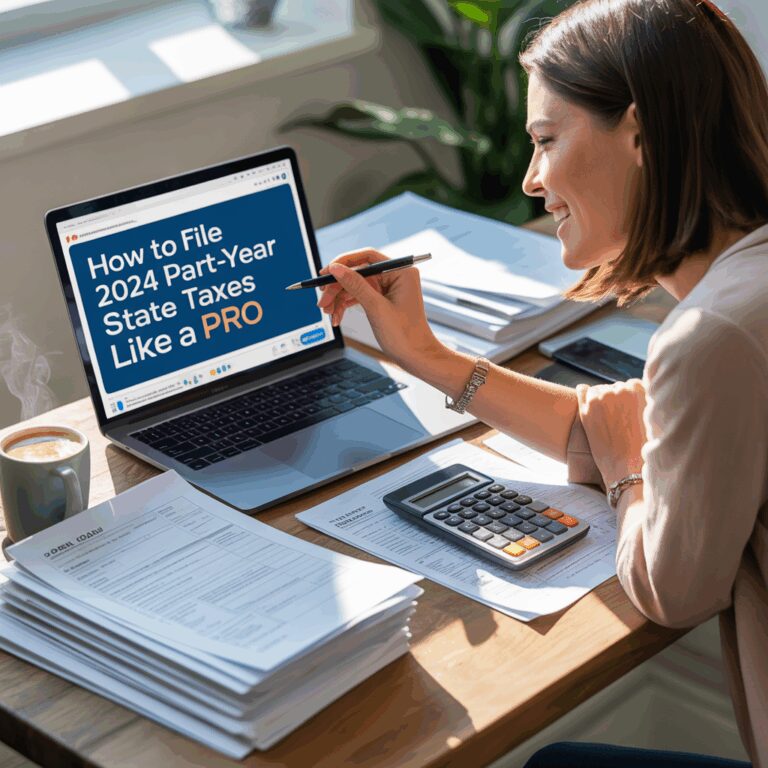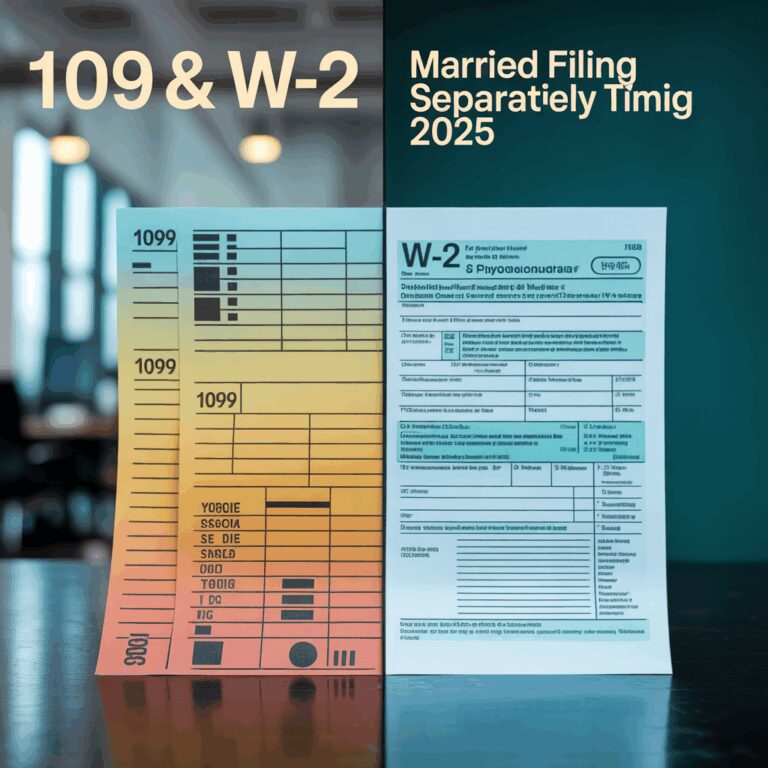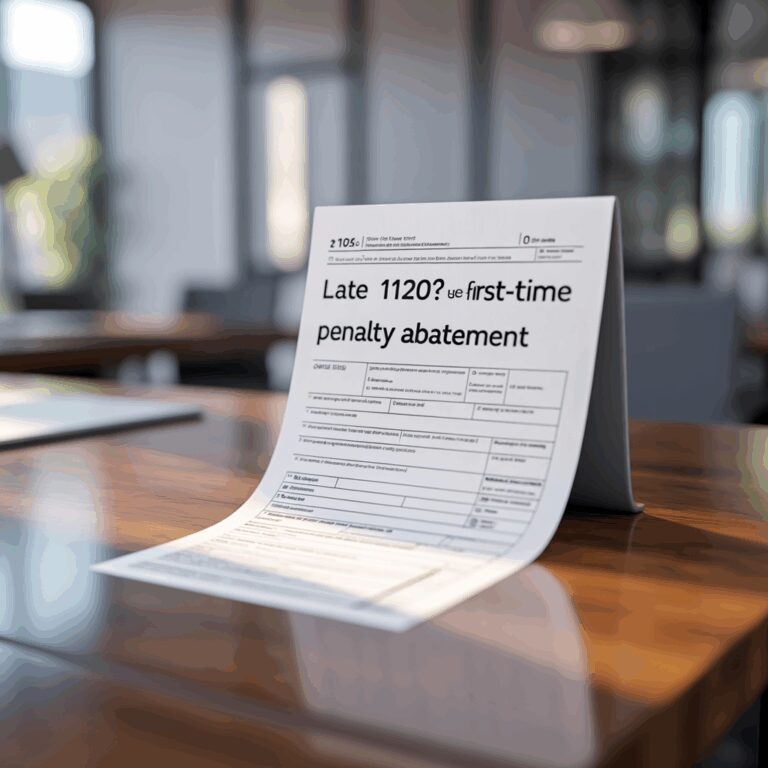
How to File 2024 Part‑Year State Taxes Like a Pro
What pros wish you knew about part‑year returns So, here’s the thing: part‑year returns aren’t just shorter versions of full‑year returns. They’re their own sport. If you moved in 2024, worked in more than one state, or had that awkward split‑residency year, the math you end up paying depends less on your total income and more on which state gets to tax which slice, what credit you recieve for taxes paid elsewhere, and the timing of when you became a resident. I’ve seen two people with the same W‑2 pay very different tax bills because one line item was sourced…






